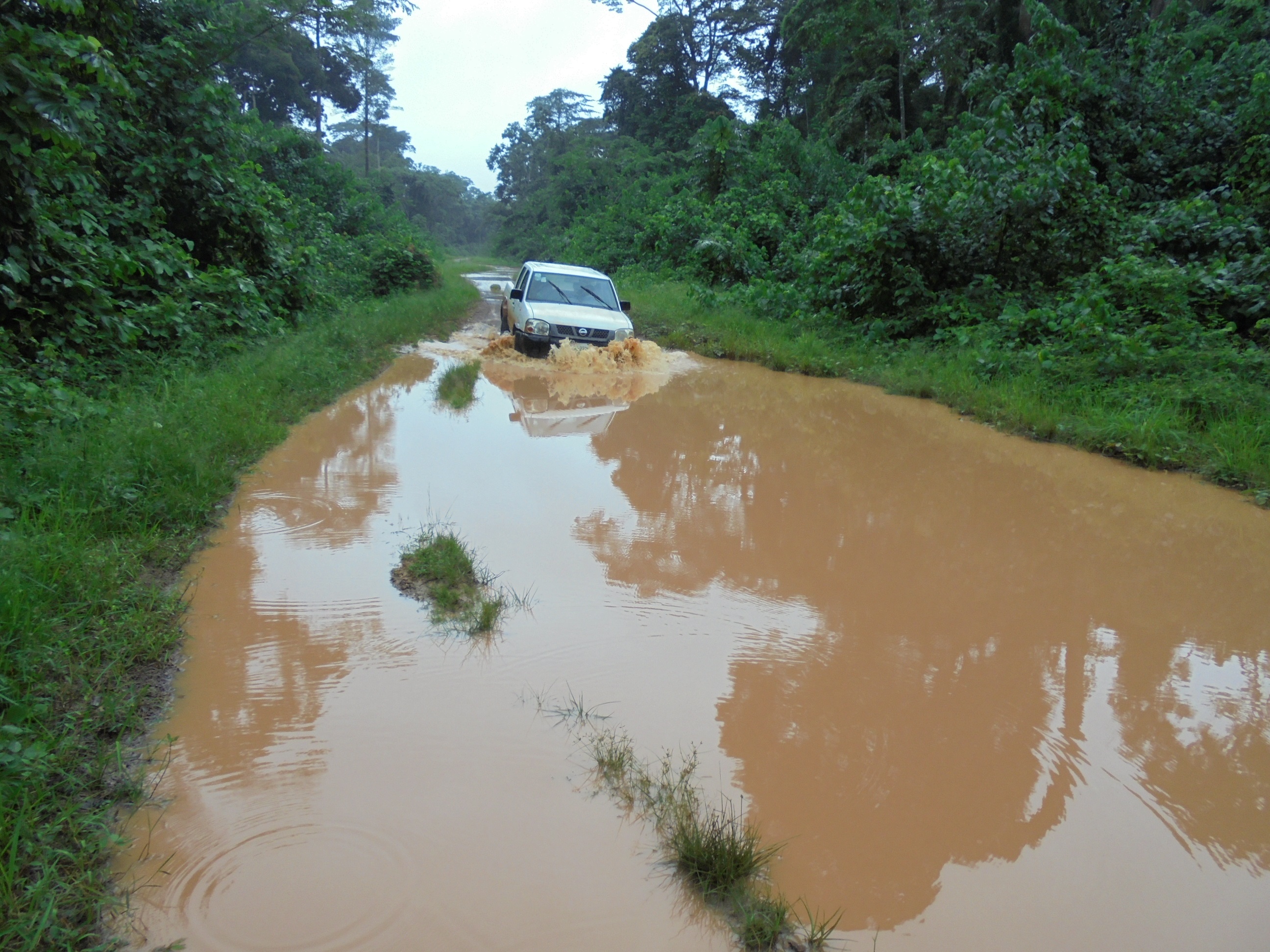Shaping the future: Our strategy for research and innovation in humanitarian response.

Shaping the future: Our strategy for research and innovation in humanitarian response.


After nearly 14 years of a devastating civil war that destroyed much of Liberia’s infrastructure between 1990 and 2003, the West African nation of 4.1 million people has gradually been recovering from the effects of the conflict. That was until the recent Ebola outbreak which severely challenged the health sector, revealing the high degree of fragility that still persists in the health care system.
In an effort to examine some of the complex challenges the health system has faced in addressing Ebola, P4DP – a Liberian research NGO – has launched a study to explore and understand the role that traditional healers, herbalists, spiritualists, country doctors and zoes’ play in health matters and, in particular, the transmission and mitigation of the Ebola Virus Disease. Funded by the Research for Health in Humanitarian Crises (R2HC) programme, the study also aims to find out how this group of informal health providers can help strengthen the national health services.
During July 2015, P4DP conducted an initial workshop to train eighteen local facilitators on how they can assist in the identification and selection of community-based key informants who understand the various roles traditional healers play and their contributions to the fight against the deadly Ebola Virus. The selected local facilitators are trusted and respected members of the communities where the research will be conducted, and are familiar with the leadership, local structures and culture of their respective communities.
The research will primarily seek to understand the extent to which ordinary local people utilize and rely on traditional healers, and will explore the healers’ understanding of Ebola. It will take place in communities where traditional medicine and herbalism trump biomedicine because individuals are familiar with the healing power of plants and herbs and, in the absence of a functioning health care system, rely on what is affordable.
According to a 2012 Fragility Assessment study, the number of functioning health facilities in Liberia increased from 354 to 550 after the years of conflict, while the approximate number of health workers increased from 5,000 to more than 8,000. However, hospitals in Liberia remain in generally poor physical condition and have too few qualified staff in key areas of competence. The reality is that Liberia is home to approximately 0.5 doctors, nurses and midwifes per 1000 population, which is far below the World Health Organization benchmark of 2.3 per 1000 associated with achieving an 80% coverage rate of maternal deliveries. It is little wonder that traditional healers are seen as ‘alternative doctors’ by their communities. Their ability to blend spiritualism with herbalism for the purpose of healing is widely perceived as ‘intervention by the ancestors’ in some communities.
A Liberian high priest, Joko Moses Kuyon of Bong County cultural and traditional organization, believes “zoes [or spiritual healers/herbalists] are traditional scientists.” He considers spiritual healers “friends of the society” whose sole goal is “to ensure that societal norms are protected and respected”. William Jallah of the Liberian Ministry of Internal Affairs (MIA), who participated in the P4DP workshop, shared similar sentiments. The Director of Culture was very enthusiastic about the idea of engaging spiritual healers, a group of people he acknowledges to be important members of the Liberian society. Expressing his excitement about the P4DP initiative, Jallah confirmed his Ministry’s willingness to fully support the ongoing study, including through the county-level branches of the Ministry.
At the two day workshop, participants were trained in the participatory action research (PAR) method, which aims to elicit local understanding of Ebola, while enabling the facilitators to take ownership of the study and steer it in line with their understanding of local contexts in an effort to win community–level trust. The training also sought to strengthen the facilitators’ capacity to be able to identify other community members who are knowledgeable about the role traditional healers have played in addressing the deadly Ebola virus.
P4DP Director, Mr. Jimmy Shilue, believes that a more nuanced understanding of alternative medicine “could serve to strengthen national health systems long after the outbreak has been brought to an end” and can be fostered through research of this nature. “In the end, we will be contributing to strategic health-seeking options that promote diversification and, therefore build resilience and reactivity into the public health system,” Shilue added.
As part of the workshop, the research tool was pre-tested in two local communities in Montserrado County – Chicken Soup Factory in an urban area and rural Nyein Town -to fine-tune the questions and methodology. Since then two research teams have started conducting focus group discussions and key informant interviews in two communities in each of Bong, Grand Gedeh, Lofa and Nimba counties.
Article written by Jimmy Shillue, P4DP Director.

 Please upgrade your browser
Please upgrade your browser
You are seeing this because you are using a browser that is not supported. The Elrha website is built using modern technology and standards. We recommend upgrading your browser with one of the following to properly view our website:
Windows MacPlease note that this is not an exhaustive list of browsers. We also do not intend to recommend a particular manufacturer's browser over another's; only to suggest upgrading to a browser version that is compliant with current standards to give you the best and most secure browsing experience.